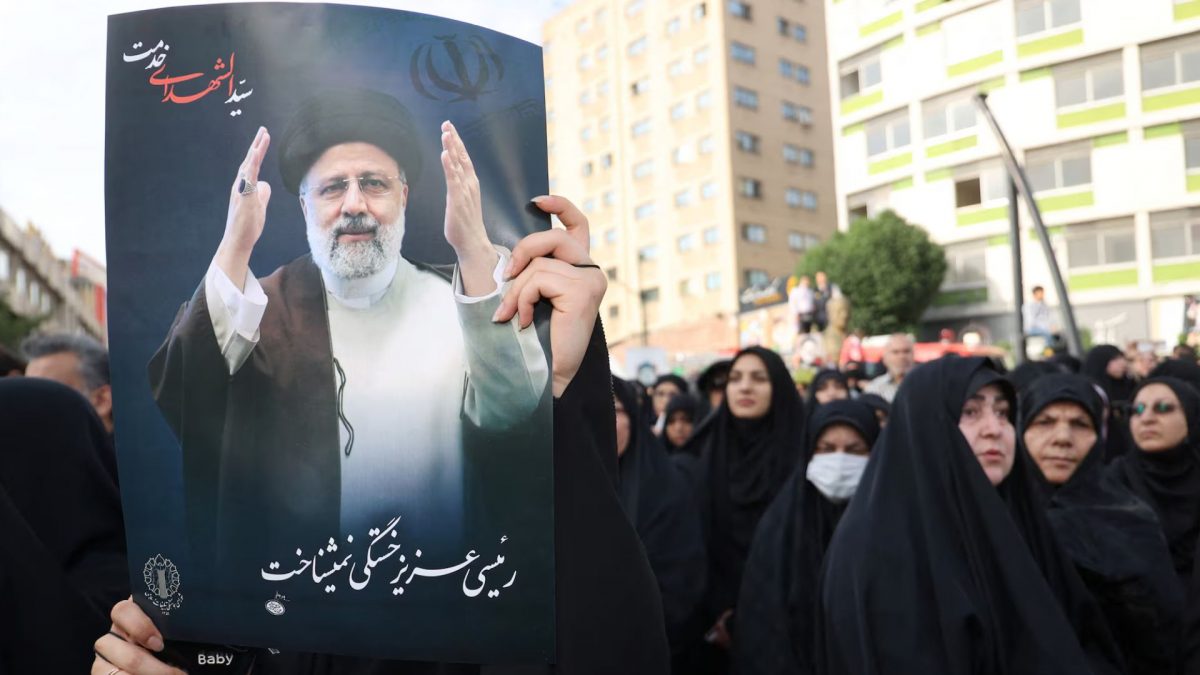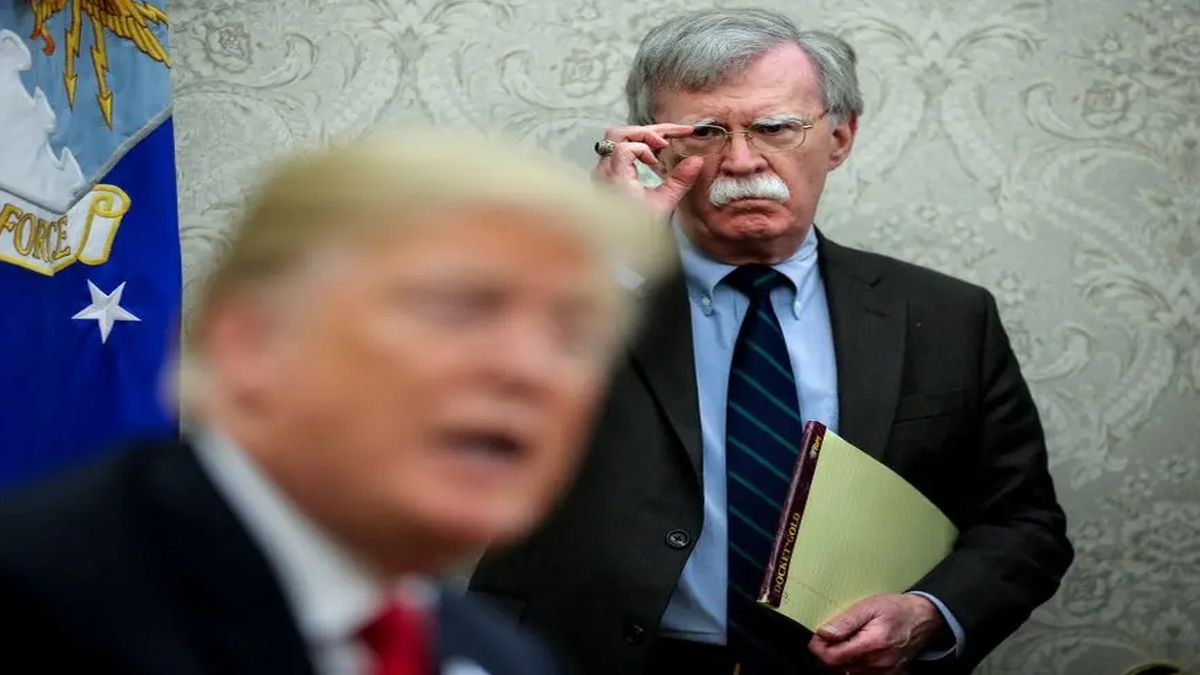Iran will elect its new president on June 28 after Ebrahim Raisi and his entourage died in a helicopter crash. The decision to hold voting for the selection of Raisi’s successor was taken during the meeting of the heads of the judiciary, government and parliament.
“According to the initial agreement of the Guardian Council, it was decided that the 14th presidential election will be held on June 28,” state television said.
Presidential elections in Iran were scheduled for 2025, but the process has been advanced following Raisi’s death.
Raisi, 63, his foreign minister Hossein Amirabdollahian, and seven others died when the chopper they were travelling in crashed in a remote area of northwestern Iran on Sunday.
As per IRNA, during the meeting, members also set the schedule for the election processes, including the formation of executive delegations, the registration of candidates, and the launch of electoral campaigns.
Based on the schedule, the registration of candidates for Iran’s presidential polls will be done between May 30 and June 3. Candidates will then be allowed to hold electoral campaigns between June 12 and 27.
Who will be Iran’s president till June 28?
As per Iran’s constitution, Supreme Leader Ayatollah Khamenei named Iran’s first vice president, Mohammad Mokhber, as acting President of the country.
Impact Shorts
View AllAs per the country’s constitution, a new presidential election should be called within 50 days following the death of the president.
Khamenei stressed that the business of Iran’s government would continue irrespective.
What is the difference between Supreme Leader and President in Iran?
In Iran, the Supreme Leader, also known as the Velayat-e Faqih in Shia Islamic theology, is the ultimate ruler of the country. He is responsible for making all major decisions concerning the state.
The position - Supreme Leader - was established after the 1979 Islamic Revolution. The person is also head of state and commander in chief.
Only men are allowed to be considered for the job.
Meanwhile, the president in Iran is the head of the country’s executive branch and is elected in a closely vetted election process every four years. The president controls the government and, depending on that person’s political background and strength, can amass great influence over state policy and the economy.
Raisi, no more, who will be Iran’s next Supreme Leader?
Who would replace Khamenei as the Supreme Leader is not discussed openly in Iran as the country has a very complicated and opaque structure. But analysts, officials and academics close to the political establishment had for some time mentioned both Raisi and Khamenei’s son Mojtaba as top contenders.
With Raisi’s death in the crash, Mojtaba will now be seen as having a clear path to the post of Supreme Leader.
Also Read: What impact will Iranian President Ebrahim Raisi’s death have on gold, oil prices
Mojtaba’s likely appointment in the top office is, however, seen as risky, as Iran has a fraught legacy with the concept of inherited rule—the leaders of the 1979 Islamic Revolution vehemently opposed any sort of system that resembled the monarchy they overthrew.
Also, Mojtaba has not held any government position to date and is also not popular among the masses. He is also not often seen publicly. The Supreme Leader should have the appearance of having authentic support from the masses who support the current religious system if he’s to have any sort of legitimacy.
With inputs from agencies


)
)
)
)
)
)
)
)
)



